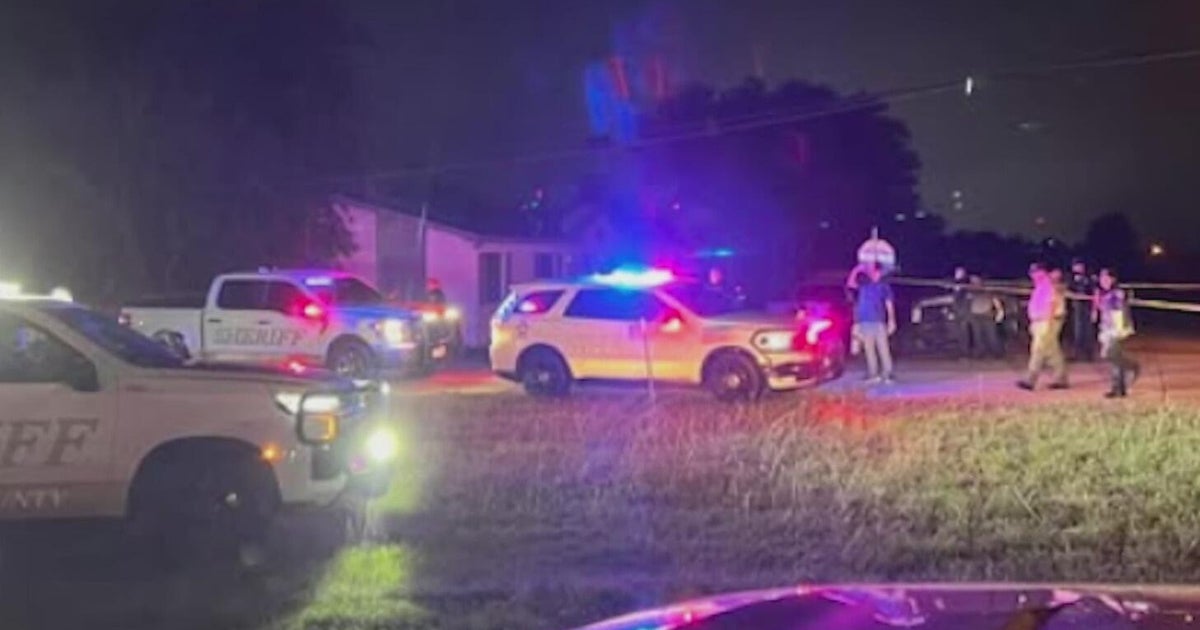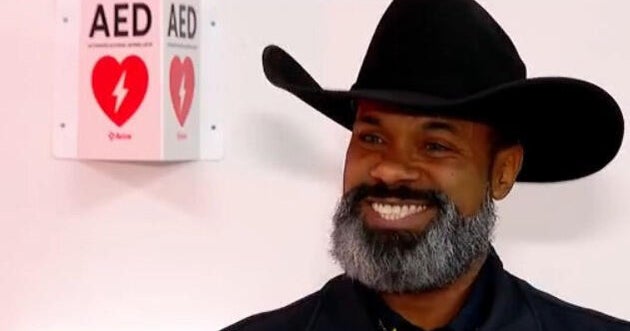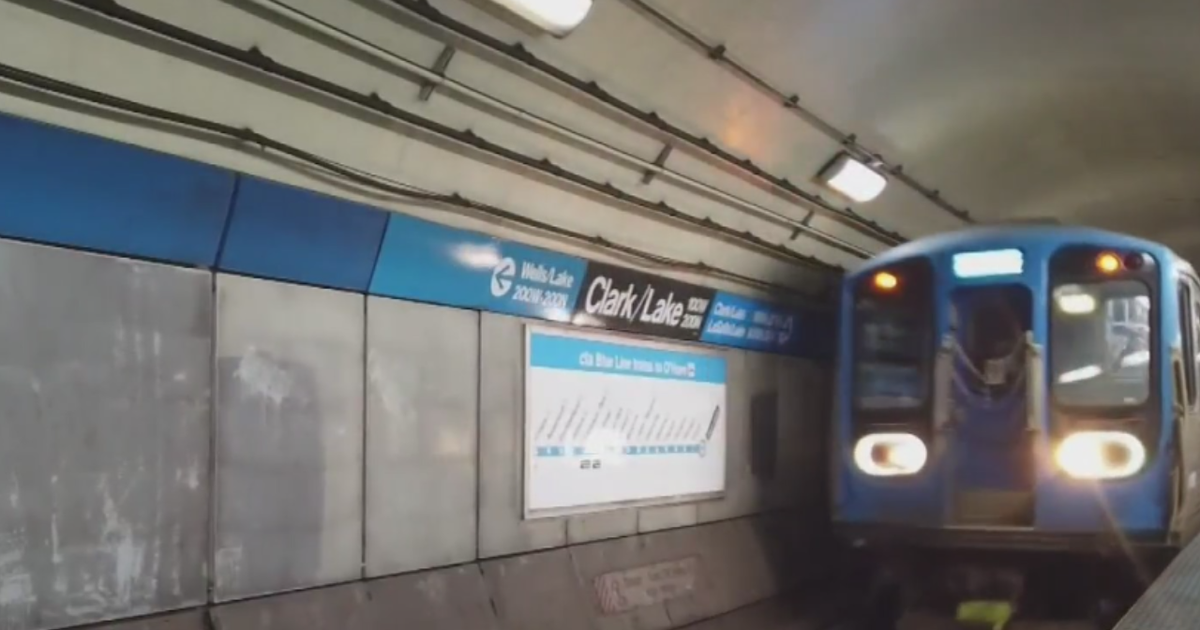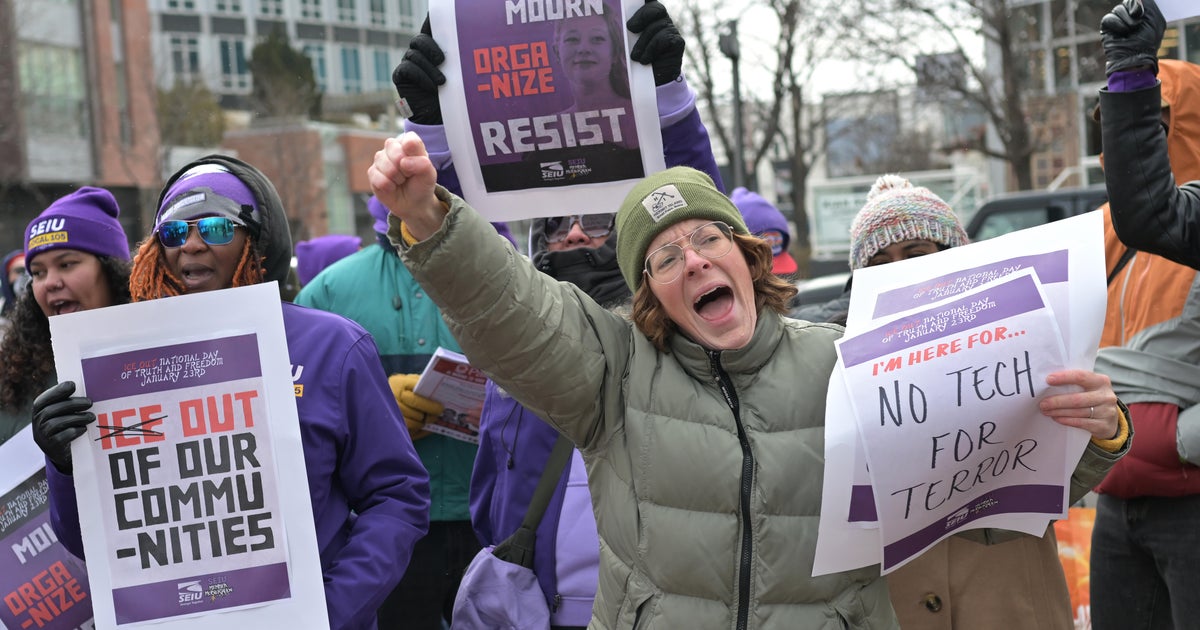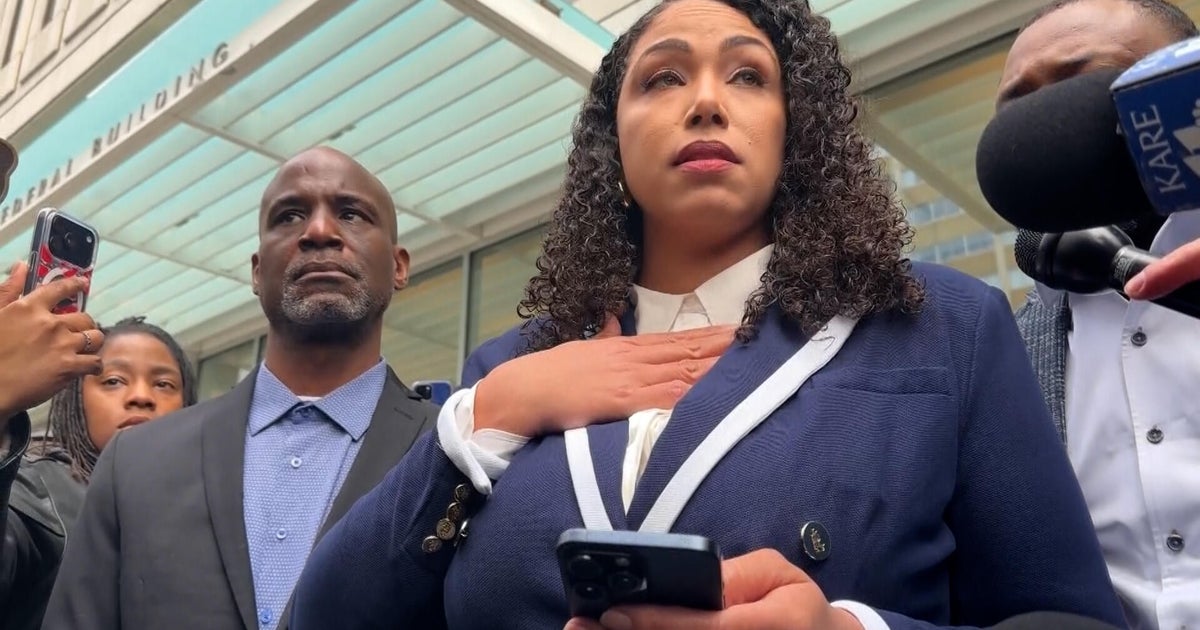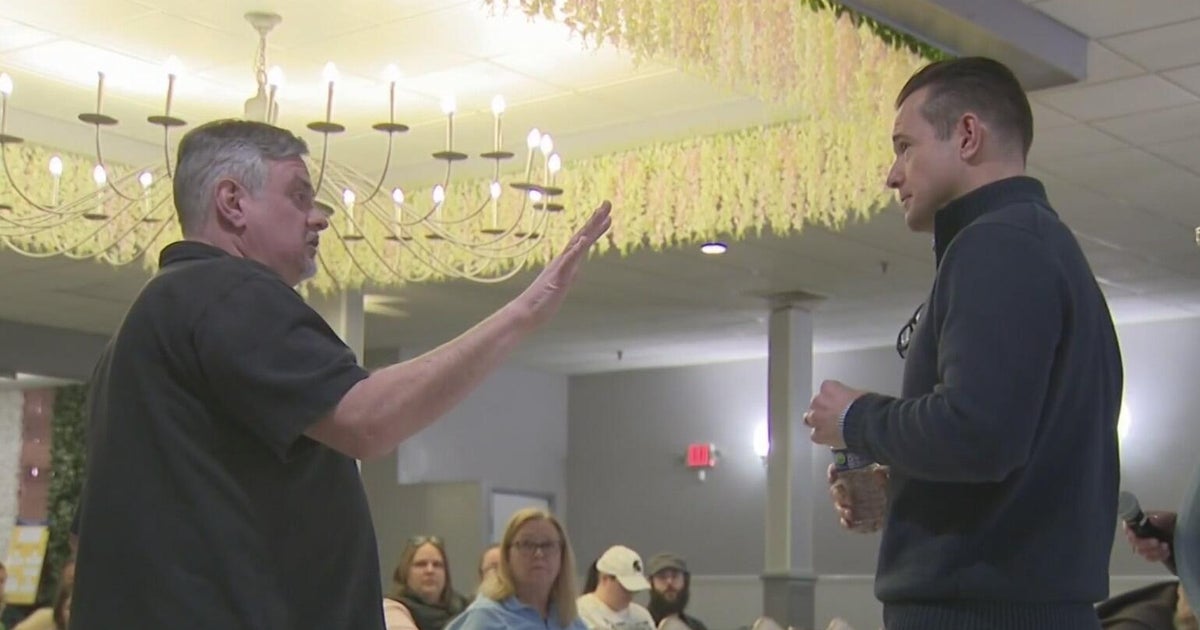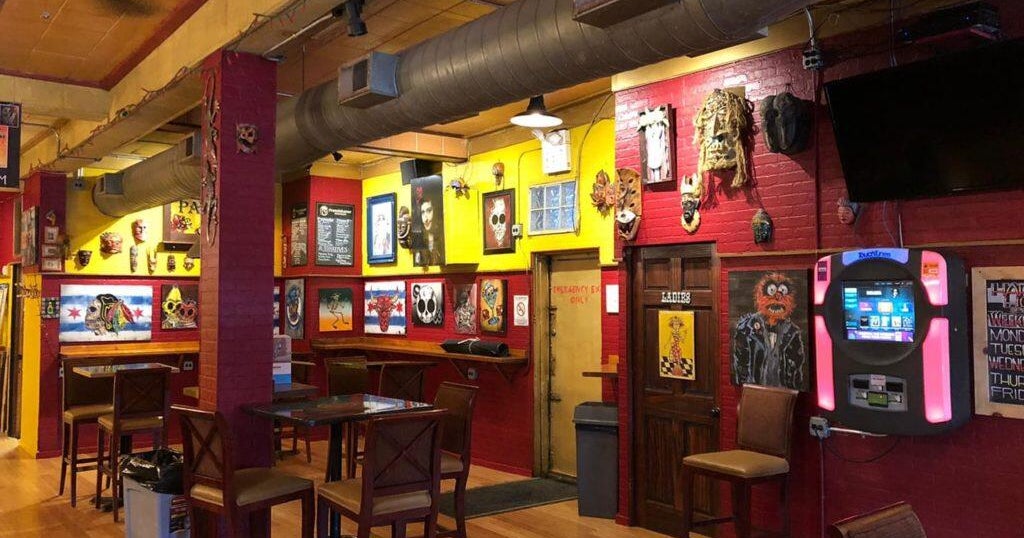Walk-Up Coronavirus Testing Site Opens In Fort Lauderdale
FORT LAUDERDALE (CBSMiami) - A second walk-up testing site for coronavirus opened in Fort Lauderdale Saturday morning.
Dozens of people lined up at the Urban League, in the 500 block of Northwest 27th Avenue, to await their turn. The testing got underway at 9 a.m.
"I came to get tested. I have diabetes. So I wanted to check it out," Berta Reagans.
She doesn't have a car and said this was very convenient.
"Yeah, it does make it easy because a lot of people don't have cars," she said.
"I came to get tested cause I was exposed," said Mohamed. "It is very very quick. I mean once you get in there, they take your information, you get swabbed, and you are out very, very quickly."
Broward's first walk-up location opened Friday at Mitchell Moore Park, in the 900 block of Northwest 10th Street, in Pompano Beach.
The National Guard, Broward Sheriff's Office, and the Health Department are running the sites.
Both walk-up locations are capped at 200 tests per day.
On Friday, Governor Ron DeSantis acknowledged that drive-thru testing has not been accessible to everyone.
"Maybe it is just too far away from where you live, maybe you don't have reliable ground transportation. So we wanted to see where those gaps were in testing access and see if we in the State of Florida can help to try to fill those," he said.
The governor added that by opening walk-up sites, it will increase testing capacity and help alleviate long lines at drive-thru testing sites.
"At this point, we have tested one in every 96 people in Florida based on current numbers. Obviously the ratio will get better as we get more tests results in but I think this one, what we are doing today, is really important to make sure that communities are not overlooked," he said.
To get tested at the walk-up sites, people must be showing symptoms. There is no age limit. Appointments can also be made by calling (954) 412-7300.
If the two walk-up sites in Broward are successful, DeSantis hopes to add more of those types of sites in other underserved areas.
Mohamed thinks that's a good idea.
"Why not just test everyone so you know where the virus is and where it is not," he said
